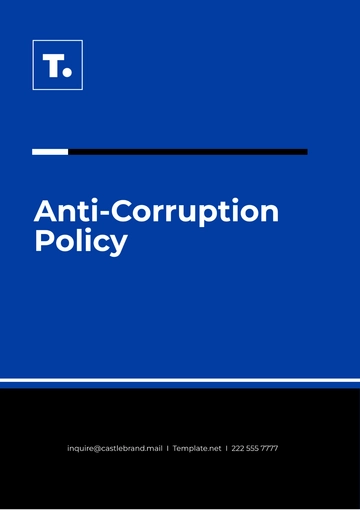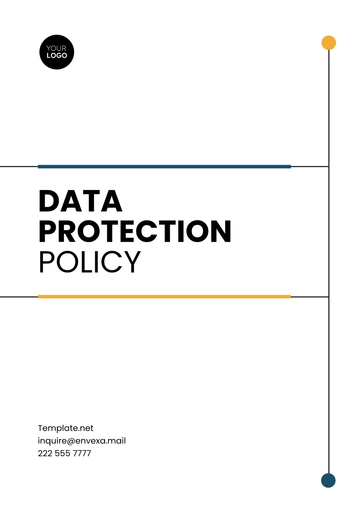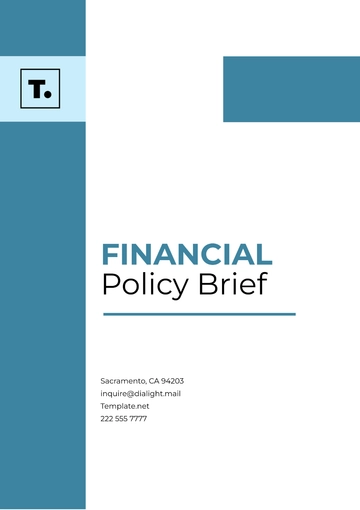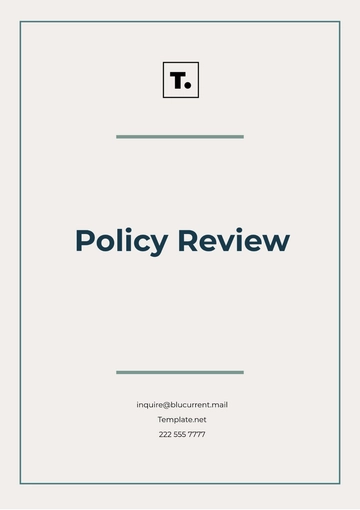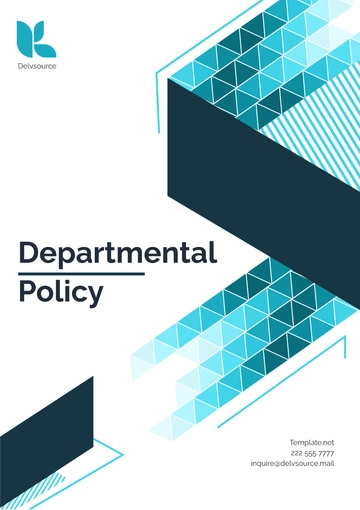Free Energy Policy Systematic Review
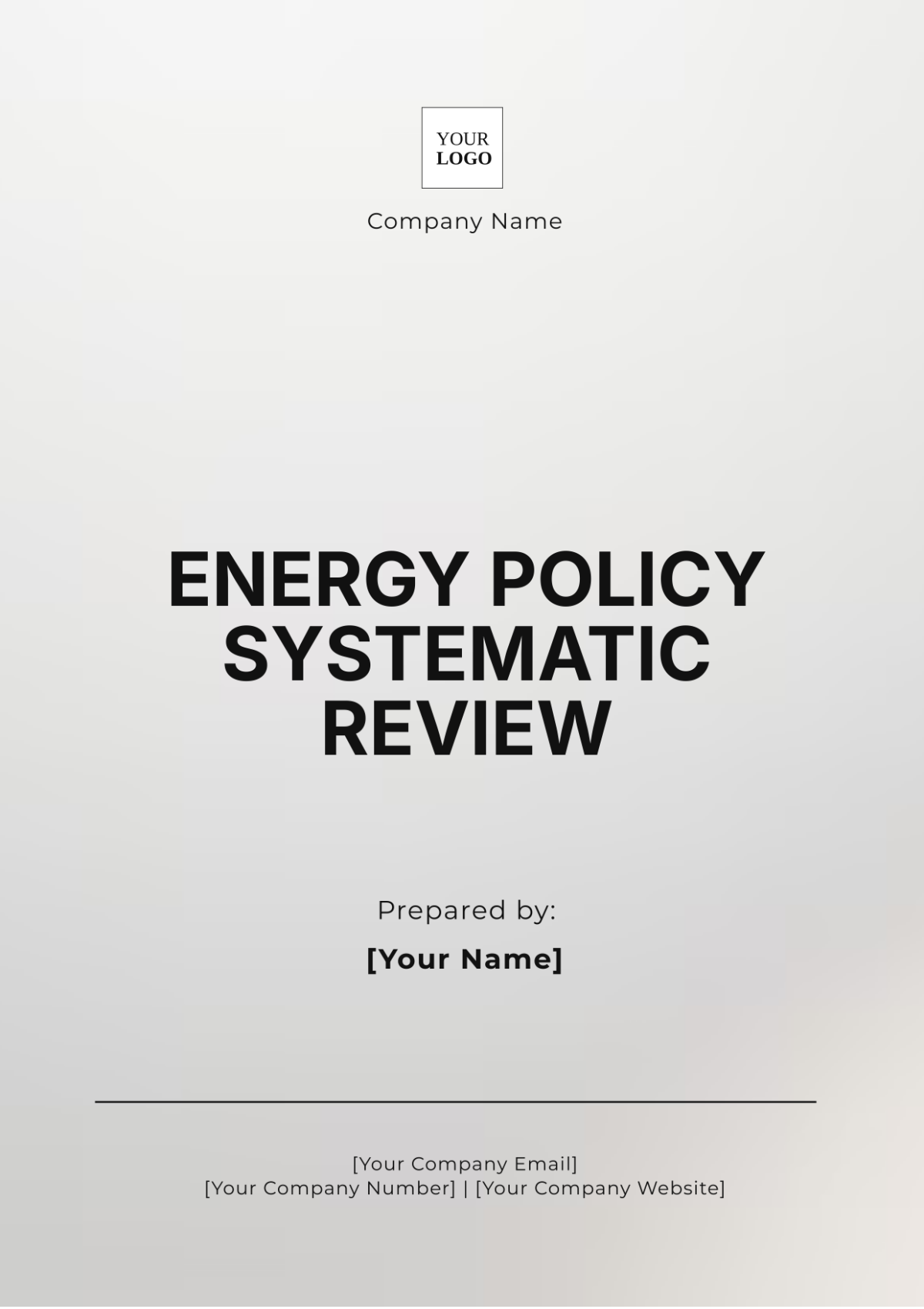
Prepared By: [Your Name]
I. Introduction
This systematic review critically examines the evolving landscape of energy policies implemented across diverse regions and sectors over the past decade. The primary objective is to assess the effectiveness of these policies, highlight best practices, and provide actionable recommendations for shaping future energy strategies. By synthesizing findings from a wide array of studies, reports, and case analyses, this review offers insights into the successes and shortcomings of global energy governance and contributes to ongoing discussions about sustainable energy transitions.
II. Methodology
To ensure a robust and comprehensive review, the following methodological steps were employed:
Literature Search: A thorough search was conducted across academic databases, government repositories, and policy archives. Sources included peer-reviewed journal articles, policy briefs, white papers, and reports from reputable organizations.
Inclusion Criteria: Only studies published between 2010 and 2022 were included. These encompassed peer-reviewed literature, government policy papers, and evaluations from recognized international organizations.
Analysis Framework: A combination of qualitative content analysis and quantitative data synthesis was used. Policy impacts were evaluated through statistical data where available, while qualitative insights informed the understanding of trends, challenges, and outcomes.
Expert Consultation: To validate findings and enhance the review's credibility, energy policy experts were consulted. Their feedback helped ensure the recommendations align with current policy discourse and emerging trends.
III. Findings
A. Policy Trends
Five major trends were identified in energy policies worldwide:
Transition to Renewable Energy: There has been a widespread shift toward renewable energy sources such as wind, solar, and hydropower. Governments are setting ambitious renewable energy targets, often as part of broader climate goals to reduce dependency on fossil fuels.
Energy Efficiency Initiatives: Policies promoting energy efficiency have gained significant traction, particularly in industrialized nations. Substantial investments are directed toward improving energy efficiency in residential, commercial, and industrial sectors, with a focus on lowering energy consumption and reducing costs.
Carbon Reduction Targets: Many countries have adopted stringent policies aimed at reducing carbon emissions. These policies are aligned with global climate accords, including the Paris Agreement, which seeks to limit global temperature rise by reducing greenhouse gas (GHG) emissions.
Decentralization of Energy Systems: Increasing support for decentralized energy models, such as microgrids and local renewable generation projects, is evident. These systems are seen as crucial for improving energy access, especially in rural and underserved areas, and for enhancing energy resilience.
Promotion of Technological Innovation: Governments are increasingly encouraging innovation in energy technologies, from smart grids and battery storage to carbon capture and advanced nuclear technologies. This drive for innovation aims to meet future energy demands sustainably and efficiently.
B. Regional Analysis
Energy policy effectiveness and focus vary significantly across different regions:
North America: The U.S. and Canada have made notable progress in reducing GHG emissions, driven by a combination of federal policies, state-level initiatives, and market-driven factors. The emphasis has been on energy independence, carbon reduction, and renewable energy expansion.
Europe: The European Union (EU) is at the forefront of global energy policy leadership. The EU's Green Deal and its commitment to climate neutrality by 2050 are exemplary. Cross-border energy integration, renewable energy subsidies, and emissions trading systems (ETS) are central to the region's energy policy framework.
Asia: In Asia, major economies like China and India are investing heavily in renewable energy, particularly solar and wind. China leads global solar energy production, while India is rapidly expanding its renewable capacity. However, coal remains a significant energy source, presenting a challenge for long-term sustainability.
Africa: Energy policies in Africa primarily focus on expanding energy access and leveraging the continent's vast renewable resources, such as solar and hydropower. However, funding constraints and infrastructure deficits limit policy execution.
Latin America: The region's energy policies balance energy security with environmental sustainability. Countries like Brazil and Chile have made significant strides in developing renewable energy infrastructure, though political and economic challenges pose ongoing risks.
IV. Challenges and Barriers
Despite the progress, several critical challenges continue to hinder effective implementation of energy policies:
Funding and Investment Gaps: Inadequate financial resources, particularly in developing regions, constrain large-scale renewable energy projects. The absence of consistent investment flows undermines policy goals.
Policy Consistency and Coherence: Variability in policy commitments across different government levels, particularly in federal systems, creates uncertainty. Policy reversals or inconsistent enforcement delay project implementation and reduce investor confidence.
Technological Integration: Incorporating emerging technologies, such as smart grids, into existing infrastructure presents significant technical and logistical hurdles. The need for modernization clashes with financial and regulatory constraints.
Public Resistance: Energy transitions often face resistance from stakeholders, including industries dependent on fossil fuels and communities affected by land use changes. Public skepticism about the economic or environmental impacts of new technologies can delay policy adoption.
Regulatory Complexity: Complex and fragmented regulatory frameworks slow down the approval and execution of energy initiatives, especially in cross-border energy projects or large infrastructure developments.
V. Recommendations
To overcome the challenges identified and improve the effectiveness of future energy policies, the following recommendations are proposed:
Fostering Public-Private Partnerships (PPPs): Governments should work closely with private-sector entities to mobilize financial resources, share expertise, and promote innovation in renewable energy and energy efficiency projects.
Streamlining Regulatory Processes: Simplifying and harmonizing regulatory frameworks will expedite project approvals, reduce administrative burdens, and encourage investment. Special focus should be given to creating unified policies across national and sub-national levels.
Increased Investment in Research and Development (R&D): Governments must boost R&D funding to foster advancements in renewable energy technologies, grid modernization, and energy storage solutions. This will also encourage innovation in new areas like hydrogen energy and advanced nuclear reactors.
Enhancing Public Engagement and Education: Developing targeted communication strategies is crucial for gaining public support. Educational campaigns about the benefits of renewable energy and energy efficiency can help mitigate public resistance and foster broad-based consensus.
Monitoring and Evaluation Systems: Establishing rigorous mechanisms for continuous monitoring and evaluation of policy impacts will enable policymakers to adjust strategies based on real-time data and evolving circumstances, ensuring continual improvement.
VI. Conclusions
This systematic review highlights key global trends in energy policy and identifies critical challenges that need to be addressed. By drawing on successful strategies and addressing barriers such as funding constraints, policy inconsistency, and regulatory complexity, future energy policies can better support the global transition to sustainable energy systems. Continuous innovation, stakeholder collaboration, and a commitment to equitable energy access are essential for achieving long-term energy goals. Further research and cross-regional cooperation will be crucial to overcoming the challenges of the next decade in energy governance.
- 100% Customizable, free editor
- Access 1 Million+ Templates, photo’s & graphics
- Download or share as a template
- Click and replace photos, graphics, text, backgrounds
- Resize, crop, AI write & more
- Access advanced editor
Evaluate energy policies effectively with Template.net’s Energy Policy Systematic Review Template. This customizable and editable template provides a structured format for systematically reviewing energy-related studies. Editable in our AI Editor Tool, it’s perfect for policymakers and researchers seeking to produce thorough, evidence-based reviews of energy policies. Adjust the template to suit your research focus for clear, organized findings.
You may also like
- HR Policy
- Restaurant Policy
- Company Policy
- Accounting Policies and Procedures
- Website Policy
- Privacy Policy
- Safety Policy
- School Policy
- IT and Software Policy
- Law Firm Policy
- Construction Policy
- Interior Design Policy
- Travel Agency Policy
- Education Academic Policy
- Security Policy
- Real Estate Policy
- Expense Policy
- Software Policy












